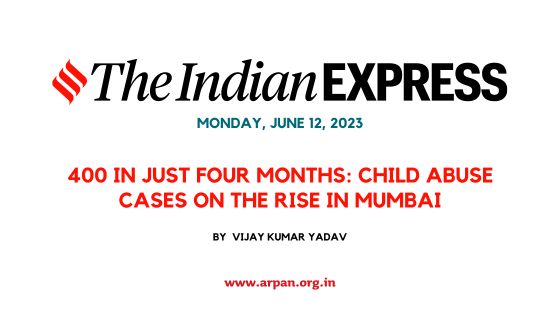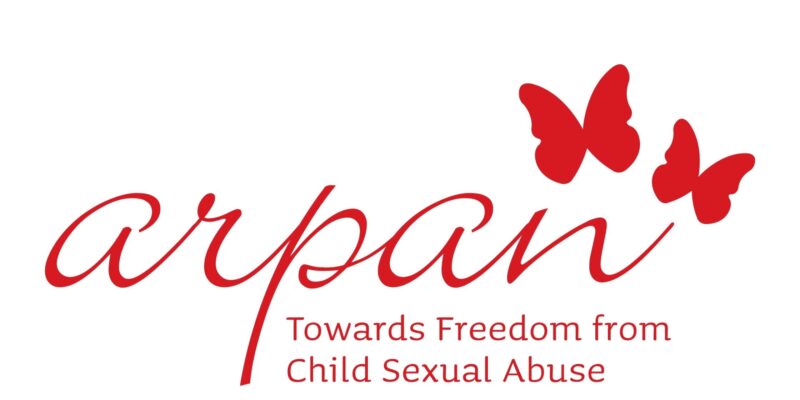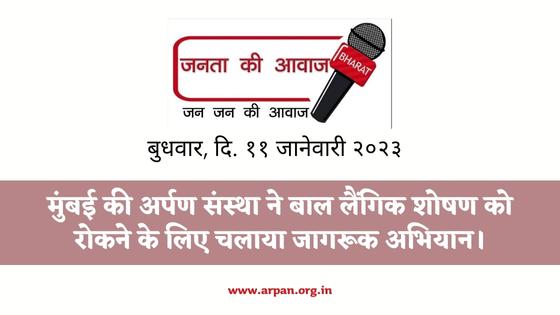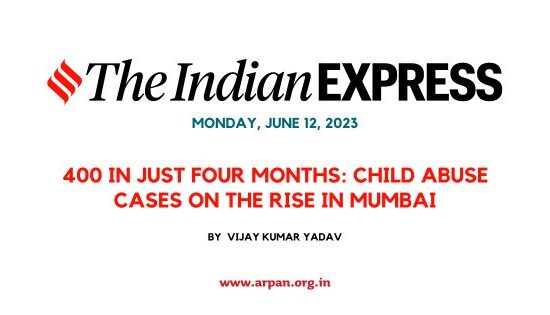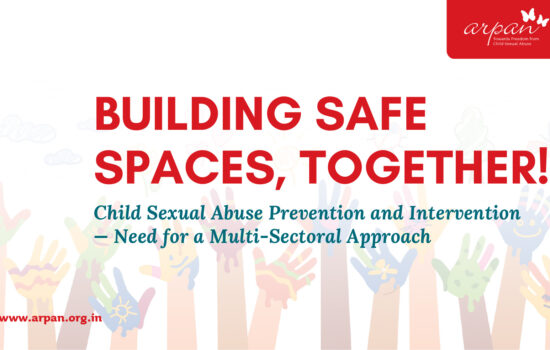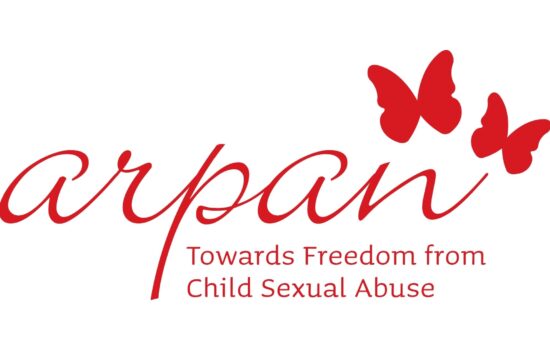“A mother once approached the school when she saw red marks around her two-year-old daughter’s vagina and thought that she was being abused in the school bus, because that was the only time she was not under her own or the teacher’s watch. The CCTV footage did not support the mother’s suspicions. So the school made the child draw, and while talking about it to the child, the school found out that a relative who was visiting the family for a wedding had abused the child,” recalls Swati Popat Vats, president, Podar Education Network. “The mother, fearing family pressures, decided against raising an alarm.”
According to a women and child development ministry-sponsored report of 2007, in 50% cases of child sexual abuse, the abusers were known to the child or were in a position of trust and responsibility.
Standing up against a member of your own family continues to remain difficult for most parents. “The culture of silence is dominant and parents sometimes can’t speak up against members of their own family.
To prevent such incidents, it is important that parents keep communication channels open,” said Pooja Taparia of Arpan, an NGO which spreads awareness on the issue. She suggests that the best way to ensure this is to say thank you to the child every time s/he tells you something. “‘Thank you for telling me. I will help you.’ This reaction will make the child feel safe and save him/her from a lot of trauma,” she added.
Addressing parents at the launch of the book A New Normal, activist Harish Iyer, who was subjected to sexual abuse from the age of seven to 18, said, “If your child is ever abused, never ask him/her why s/he did not speak up for so long. Ask yourself — why did you not see all the messages that your child was trying to communicate to you.” April is the international month for awareness of child sexual abuse.
Experts also feel that schools must play an important role in raising awareness. “Some schools are taking note and introducing subjects to create awareness. However, there are still several which are reluctant to take such steps. This needs to change,” said Dr Avinash De Sousa, who works with around 15 city schools to address the issue.
Vats, on behalf of the early childhood association, also plans to write to educational boards to demand that the subject be introduced in the curriculum.
Also, legal discourse is rarely sought in such cases. “Parents are reluctant to do so due to the stigma attached to it and because it might involve a family member. However, the act makes it mandatory to report if they know about cases of abuse. Failing to do so is an offence,” said advocate Persis Sidhva of Majlis.
Educating kids about good touch, bad touch Keep it simple: Lips, chest, private parts, bottom — no one can touch yours, you will not touch others’
When teaching children about these four parts, don’t just say the name of the private part, point to it so that the child knows what you are referring to. This is for the simple reason that the abuser may say something like ‘I’m not touching your ‘wee-wee’, I’m touching around it.’
Have a bedtime routine, where you talk to your child about his/her day. Listen keenly to any words or topic that may need your attention. Keep it casual.


